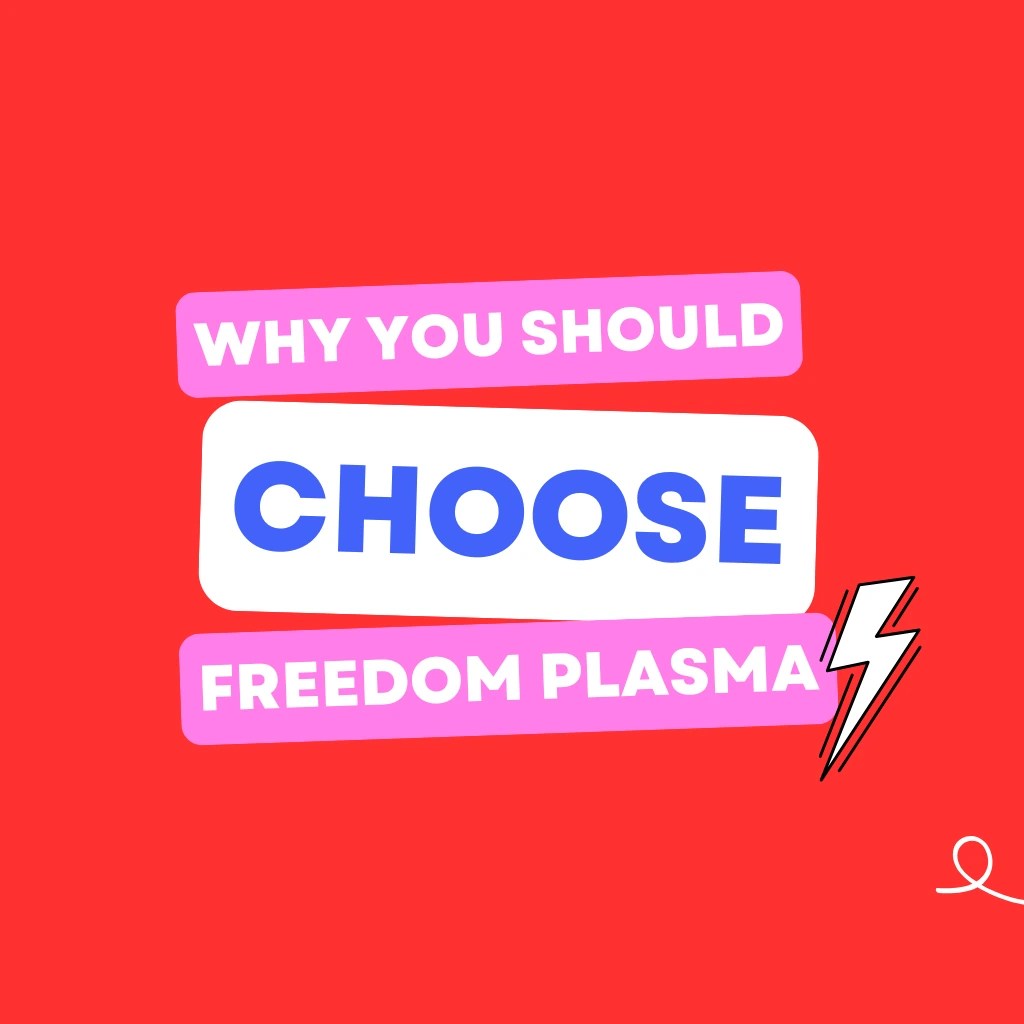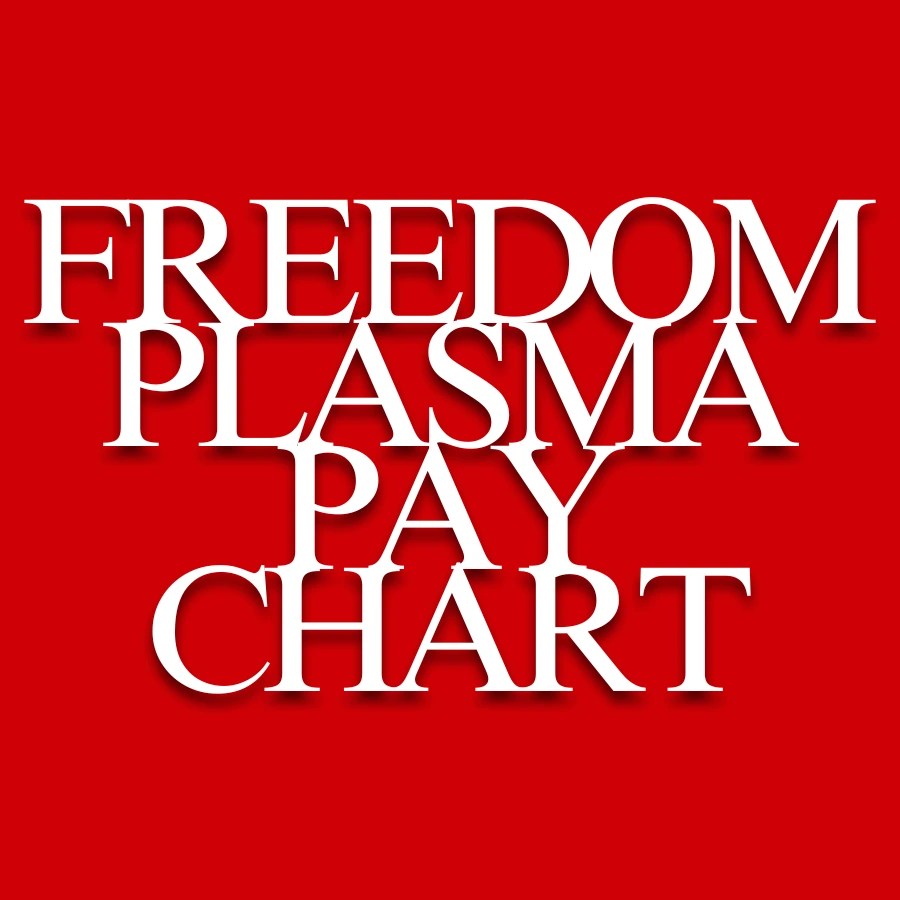Lead: In an increasingly busy world where personal time and financial stability are precious commodities, the concept encapsulated by the phrase "schedule your freedom plasma donation" is gaining significant traction. This approach to plasma donation emphasizes flexibility and donor empowerment, offering a pathway for individuals to contribute to vital medical treatments while managing their personal schedules and potentially earning compensation. This article explores the growing appeal of this donation model, detailing what it entails, why it resonates with a broad audience, and how prospective donors can get involved.
What Is Schedule Your Freedom Plasma Donation?
The term "schedule your freedom plasma donation" refers to a donor-centric approach within the plasma donation industry that prioritizes convenience and autonomy. At its core, it highlights the ability of individuals to book plasma donation appointments at times that best suit their lifestyles, thereby offering a sense of "freedom" from rigid schedules. Furthermore, the inherent compensation for plasma donations provides a form of financial "freedom" or supplementary income, making the act a mutually beneficial endeavor.
- Plasma Collection: The process involves plasmapheresis, where blood is drawn, plasma is separated, and the remaining blood components are returned to the donor.
- Medical Necessity: Plasma is a critical component for manufacturing life-saving biopharmaceutical therapies for patients with rare and chronic diseases, including immune deficiencies, bleeding disorders, and neurological conditions.
- Donor Compensation: Donors typically receive compensation for their time and effort, ranging from dozens to hundreds of dollars per donation cycle, depending on location and frequency.
Why Schedule Your Freedom Plasma Donation Is Trending
The rising popularity of "schedule your freedom plasma donation" can be attributed to several factors aligning with contemporary lifestyles and economic realities. The emphasis on flexible scheduling directly addresses the demands of modern work and personal commitments, allowing individuals to integrate donation into their routines without significant disruption. Simultaneously, heightened awareness of the critical need for plasma in medical treatments, coupled with the opportunity for financial remuneration, makes the concept particularly appealing. This convergence of altruism, convenience, and economic incentive has fostered a growing interest among diverse demographics across the U.S.
Dates, Locations, or Key Details
Plasma donation centers operate nationwide, typically with extensive hours designed to accommodate various schedules, often including evenings and weekends. These centers are professionally managed facilities regulated by the U.S. Food and Drug Administration (FDA) to ensure donor safety and product quality. Eligibility criteria generally include being over 18, weighing at least 110 pounds, and passing a health screening. The "freedom" aspect is largely facilitated by online scheduling portals and mobile applications, which allow potential donors to view available slots and book appointments with ease, often several weeks in advance. Many centers are located in accessible urban and suburban areas, making them convenient for a significant portion of the population.
How To Get Involved or Access Schedule Your Freedom Plasma Donation
Participating in a plasma donation program that offers scheduling flexibility is straightforward. The process typically involves a few key steps:
- Locate a Certified Center: Begin by searching for FDA-licensed plasma donation centers in your vicinity. Major networks often have online locators.
- Check Eligibility Requirements: Review the centers specific guidelines regarding age, weight, health conditions, and previous donation history.
- Schedule an Appointment: Utilize the centers website or dedicated app to browse available appointment times and book a slot that aligns with your schedule. First-time donors typically require a longer initial visit.
- Prepare for Your Donation: Ensure adequate hydration, eat a healthy meal before your appointment, and bring a valid ID and proof of address.
- Undergo Screening and Donation: Upon arrival, expect a health screening, medical history review, and a physical exam before proceeding with the donation process itself.
What To Expect
- The initial visit to a plasma donation center typically lasts longer, often 2-3 hours, to accommodate registration, a medical screening, and the actual donation.
- Subsequent donations are generally quicker, usually taking 1.5 to 2 hours from check-in to completion, allowing donors to integrate it more easily into their routine.
- A sterile and professional environment is maintained throughout the process, with trained medical staff overseeing every step to ensure donor safety.
- Donors can usually read, listen to music, or watch television during the plasmapheresis procedure, which typically lasts about 45-60 minutes.
The Broader Impact of Schedule Your Freedom Plasma Donation
The ability to "schedule your freedom plasma donation" has a profound dual impact: it empowers individuals with flexible income opportunities while critically sustaining the global supply of plasma for life-saving therapies. Plasma-derived medicinal products (PDMPs) are indispensable for patients suffering from a range of chronic conditions, some of whom depend on these treatments for their very survival. Without a consistent and robust supply of donor plasma, the production of these essential medicines would halt, leading to severe public health consequences. The flexibility offered by modern scheduling methods encourages a broader demographic to donate, thereby bolstering the supply chain and positively influencing global health outcomes. This model also contributes to a growing gig economy, where individuals seek flexible ways to supplement their income.
The shift towards flexible scheduling in plasma donation is a game-changer for both donors and patients. It allows individuals to contribute to a critical cause without sacrificing their daily responsibilities, simultaneously ensuring a more reliable supply of life-saving therapies, remarked a spokesperson for a leading plasma industry association.
Economic or Social Insights
From an economic standpoint, the "schedule your freedom plasma donation" model contributes significantly to both personal finance and the biopharmaceutical sector. For donors, the compensation offers a supplementary income stream, which can be particularly impactful in managing daily expenses or achieving short-term financial goals. This is reflected in various reports, including those from financial news outlets, highlighting flexible income opportunities. For the healthcare industry, a consistent and robust supply of plasma is crucial, underpinning a multi-billion dollar market for PDMPs. The social impact is equally profound; each donation represents a direct contribution to the well-being of patients worldwide, fostering a sense of community responsibility and altruism that is made accessible through convenient scheduling. This symbiotic relationship ensures that economic incentives align with vital public health needs, as noted by industry analysts.
Frequently Asked Questions About Schedule Your Freedom Plasma Donation
- What is schedule your freedom plasma donation? This concept refers to the practice of plasma donation where donors have the flexibility to schedule appointments at their convenience, often through online platforms, while also receiving compensation for their time, effectively offering freedom in terms of scheduling and supplementary income.
- Why is schedule your freedom plasma donation popular? Its popularity stems from the blend of altruism (contributing to vital medical treatments), financial incentive (compensation for time), and unprecedented flexibility in scheduling, which appeals to individuals seeking to manage their busy lives more effectively.
- How can people participate or experience it? Prospective donors can participate by locating an FDA-licensed plasma donation center, verifying their eligibility, and then using the center's online or app-based scheduling system to book an appointment that fits their personal timetable.
- Is it legitimate or official? Yes, plasma donation is a highly regulated and legitimate medical procedure performed at licensed centers supervised by the FDA. The "freedom" aspect describes the scheduling flexibility and financial benefits offered by these established and official programs.
- What can attendees or users expect? Donors can expect a professional and safe environment, a thorough health screening process, a donation procedure lasting approximately 1.5 to 2 hours after the initial visit, and compensation for their time and effort.
Conclusion
The movement to "schedule your freedom plasma donation" represents a pivotal evolution in how plasma is collected and how donors are engaged. By emphasizing convenience, empowering individuals with scheduling autonomy, and providing meaningful compensation, it has created a powerful framework that benefits both donors and the countless patients who rely on plasma-derived therapies. This model underscores the potential for individuals to make a significant difference in global health while also managing their own lives with greater flexibility and financial ease. As the need for plasma continues to grow, this donor-centric approach will undoubtedly play an even more critical role in sustaining a vital medical resource.


